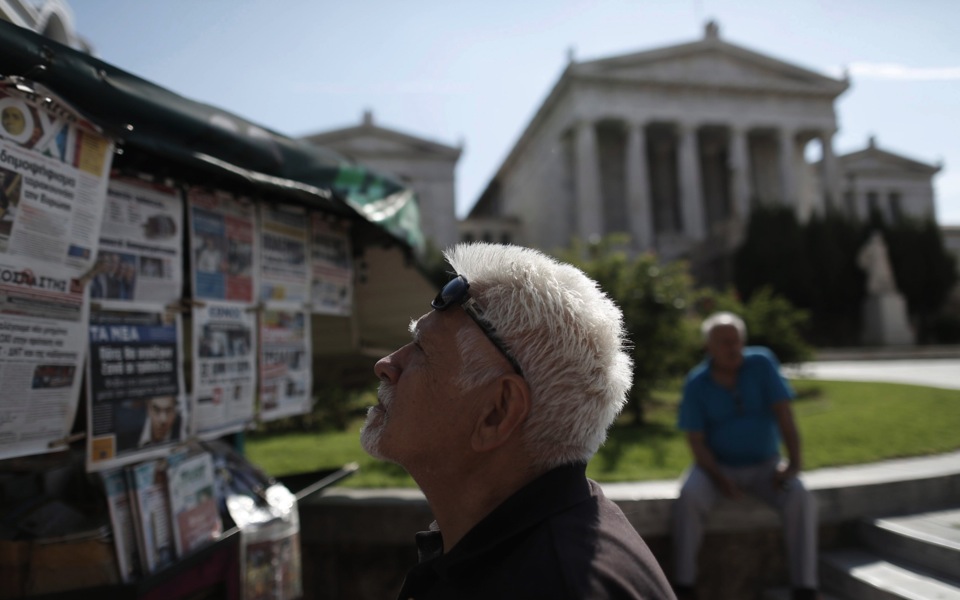Politics with an eye on the phone

The country is very vulnerable to gossip, conspiracy theories, our wild political passions, and our creaking institutions. Politicians, instead of governing or seriously preparing to govern, are constantly looking at their cell phones to read the latest snarky comment or gossip.
They often overreact, as if a media report is the end of the world, as if they don’t understand that a report rarely brings about the end of the world. Today’s media landscape is so mischievously anarchic that traditional media have lost much of their influence.
Once, The New York Times and The Washington Post or – in our country – Christos Lambrakis, Helen Vlachos and the Botsis brothers could set the agenda. Fortunately, that is not the case today. That’s the positive side. But there is also a negative one. The agenda can be set and society manipulated by any actor in the anarchic digital environment without us ever knowing or being able to find out who is doing it not to mention how and why.
Conspiracy theories spread at the speed of light and find themselves in the local coffee shop and every home. The first phase of this new era resulted in a political gamble that brought us close to the brink. After this political parenthesis we may be entering the second phase.
In recent years, the government had dominated in its communication with the public. The second term is always difficult and at some point every communication or political honeymoon ends. But it is completely wrong to overreact to criticism or a media report. It is completely wrong to be absorbed every day and every hour by an endless discussion about who said what to whom.
The government and the prime minister responded to a motion of no confidence over the Tempe train crash that did not convince the public of its substance. They rightly but belatedly went against the current and resisted irrational attacks with coherent arguments. But there was previously a rush to close a sensitive case with a superficial parliamentary inquiry that cannot be the antidote to conspiracy theories and extreme populism.
No one said that Greece is an easy country to govern, but the government needs to keep its cool. The argument that the government won the elections with 41% of the vote, accompanied by the “Look around you; who else can govern?” may convince with its logic, but at the same time it infuriates the public. What is needed is a systematic and logical takedown of irrational claims and a laser-sharp focus on what concerns society. After all, the worst thing that can happen to someone in the – by definition exhausting and lonely – office of the prime minister is to see “ghosts” everywhere that lead one to unnecessary own goals.





